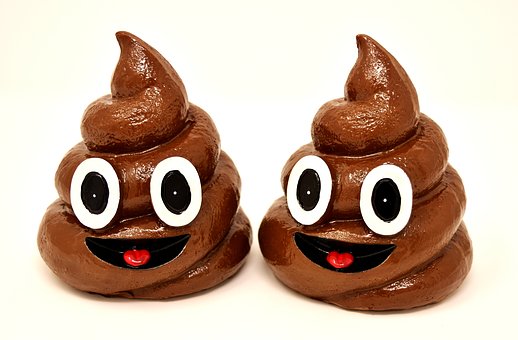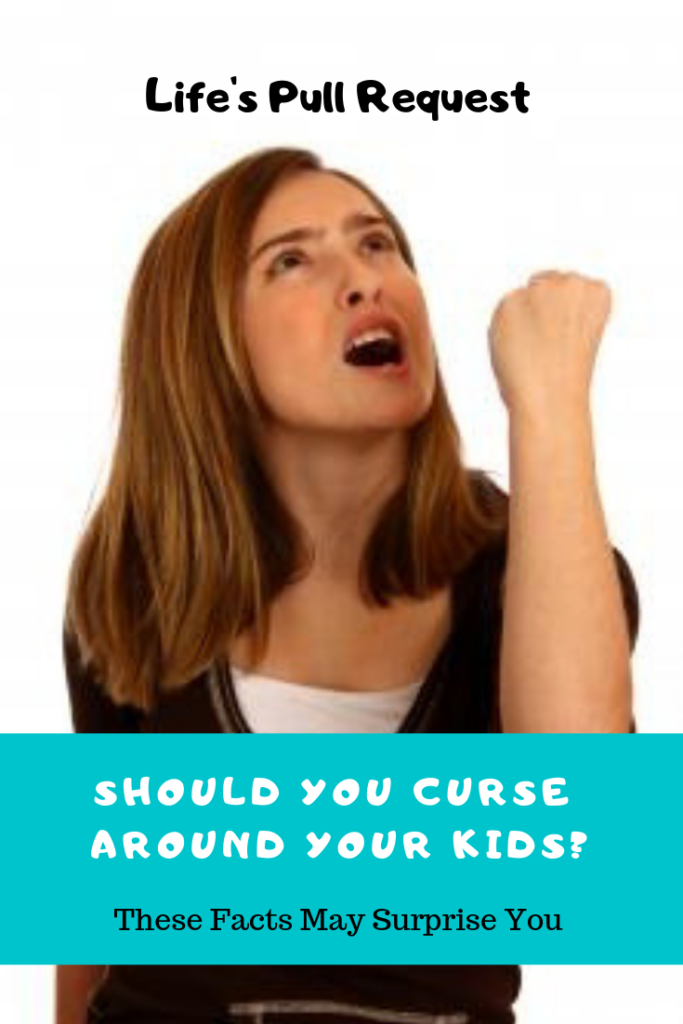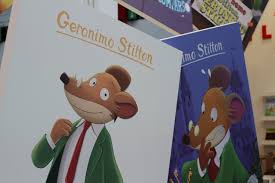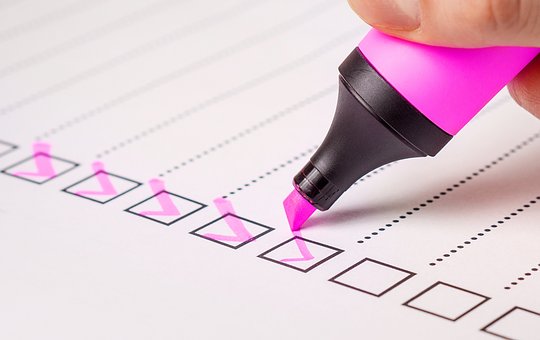
Parenting With A Potty Mouth
“Oh F*#k”.

Those were the words of my sweet, innocent, 4 year old. The first curse word to have come out of his mouth. I was torn. I wanted to break out into hysterical laughter while also being completely mortified. Knowing an emotional reaction backed by either feeling would ingrain in him repeating the word; I swallowed both emotions deep down and calmly said “Oh dear, no, that word is only for adults. You should use words like ‘Oh Darn’ or ‘Wow’. When little kids say that other word people get upset.”
“Ok Mom! Oh Darn!”.
It was this moment, on this day that I realized I wasn’t as conservative with my language around him as I thought. Even if you asked him where he heard that word. 100% chances the answer is Mom. I’m the parent with the potty mouth.
Cursing, swearing, using profanities, potty mouth, foul-mouthed, foul language, blaspheme, whatever you call it. If you’re a parent or any person interacting with the littles on a regular basis, the question may have come across your mind too.
Should we swear around the kids?

Keep in mind, I’m strictly speaking about using the four letter word strong language within open earshot of the littles. There shall be no swearing AT your children or use of hateful slurs. Those are just no good in my opinion.
In an LA Times op-ed, Benjamin Bergen, a cognitive scientist at UC San Diego provided foundations for his opinion of using profanity around his own child.
There’s no [scientific] proof that exposure to ordinary profanity – four letter words – causes any sort of direct harm: no increased aggression, stunted vocabulary, numbed emotions or anything else.
But does age factor in? My son cursed for the first time at 4. I’ve seen plenty of funny parenting video posts with even younger toddlers on repeat of their new favorite four letter word. Is there a age that is normal to start? Benjamin’s article also explains that scientists documented children ages 1 to 12 naturally producing thousands of taboo utterances, and only rarely witnessed negative repercussions. On no occasion did swearing lead to physical violence. Instead, taboo words were used mostly for positive reasons, for instance humor, and mostly were not produced out of anger.
Just as naturally as your child progresses their vocabulary in other areas, they will progress in profanity. As soon as they learn to speak, they will learn all colors of the word rainbow! They key is coaching them on the proper context and setting for using these words
Change Of Perspective

So where do you stand with cursing around the kids? Over time I’ve changed my own position on the topic.
I grew up in a household of mixed influences personally. I think in 18 years of living with my father, I may have overheard the word “Damn” once. My mother on the other hand, had quite the colorful vocabulary, particularly surrounding craft projects gone awry. I heard them early and in great quantities.
When I became a parent myself, I had consciously curbed my own foul mouth. I thought I needed to be 100% clean language at all times. Mind you, I have never been known to be particularly polite in my choice adjectives. But alas my natural tendencies are what they are. My biggest downfall is my clumsy nature and tendency to hurt myself. And with every stubbed toe or dropped dish came a string of curses.
I fooled myself thinking I had succeeded at my plan and recognized his first f-bomb was learned through me. I conceded that I am who I am and as long as I’m able to coach my son through the words, he too can grow to be a functioning member of society all while growing up hearing curse words.
Coached Cursing

He is now 9 years old and since entering 1st grade brought home potentially more words than I ever exposed him to. We’ve established that anything goes when it comes to learning that includes words and phrases he hears. We have open conversation about their meaning. I explain when they are normally used, proper setting (if there is any) and whether or not repeating those at school would get him in trouble
As he’s becoming a young man he has wanted to test certain words and I’ve given leniency in doing so at appropriate moments but also set the line that general cursing without good reason isn’t acceptable language in our household. He’s aloud to police me on that rule just as much as I am for him.
My favorite moment to date was a day picking him up from school. He had been taking antibiotics which were giving him stomach pain as a side effect. He was visibly miserable and told me he just needed to curse it hurt so bad. I gave him the go ahead and the results were glorious.
Mini Male Meg
“Oh this is just a shit bag!”
The best part is, swearing actually does help the pain! As stated by a post “The Surprising Health Benefits of Swearing” on PsychCentral by Emily Waters
Swearing activates the so-called ‘fight or flight’ response, leading to a surge
of adrenaline and a subsequent pain relieving effect on our immune system.
Among the other benefits cursing can provide an endorphin uptick and sometimes a good source of laughter. These days our new favorite joke is subbing the word ‘sheet’ in some opportune sentences. He gets to express himself and we get a hearty laugh over it, even when it may have been a particularly ‘sheety’ day at school.

The Final Word
Ultimately we do have ground rules, but life doesn’t need to be taken so seriously that we don’t allow ourselves the pleasures of dropping the f-bomb. It won’t hurt the little dude in the end and his lexicon is larger than mine was at his age. And isn’t that the ultimate goal of parenting anyway; to teach our children to be further along in life than we were?
So this is my pull request on parenting and cursing. I’d love to get your perspective, please share in the comments your approach and why.




Hi, very nice website, cheers!